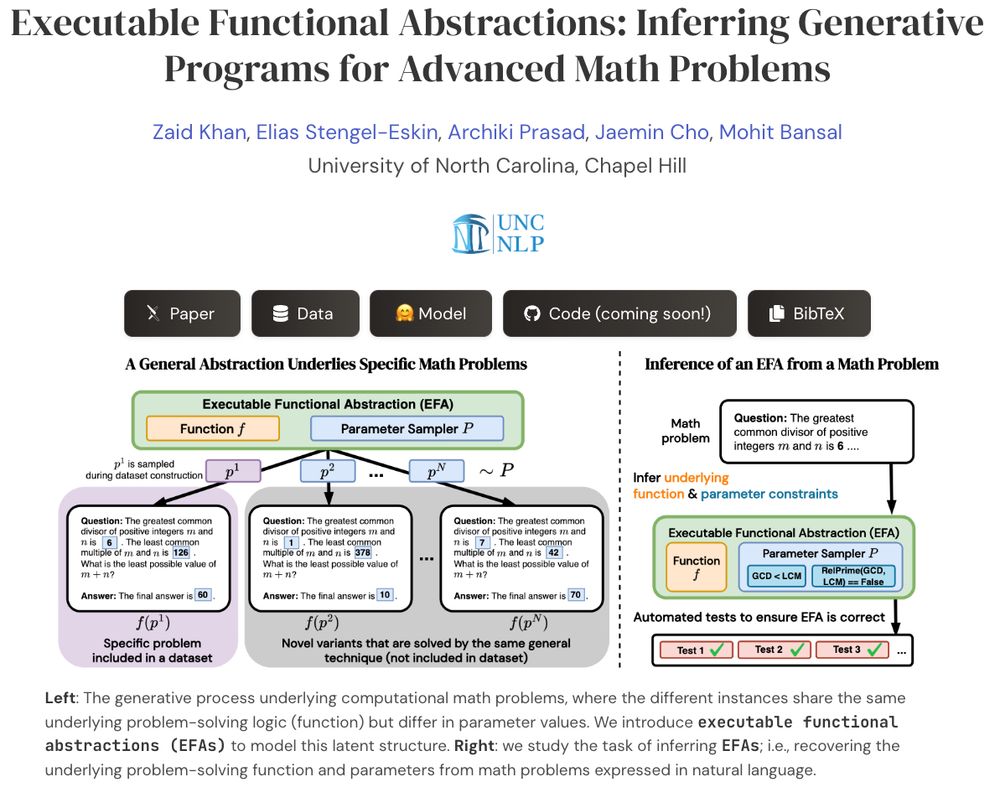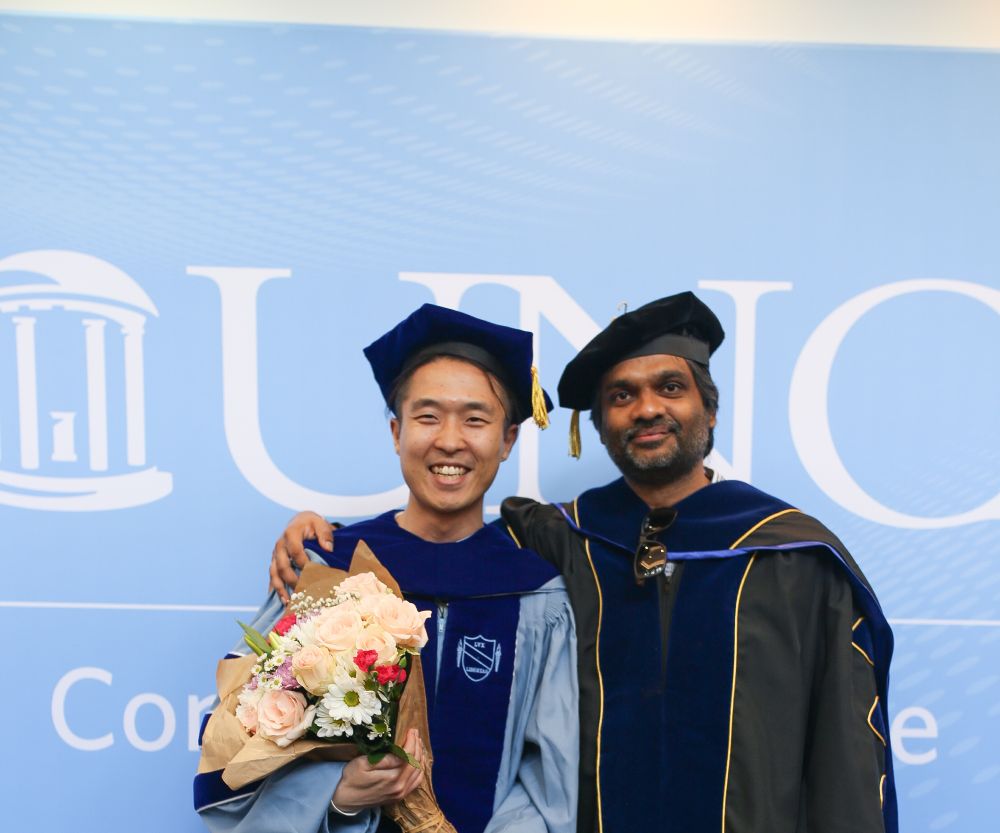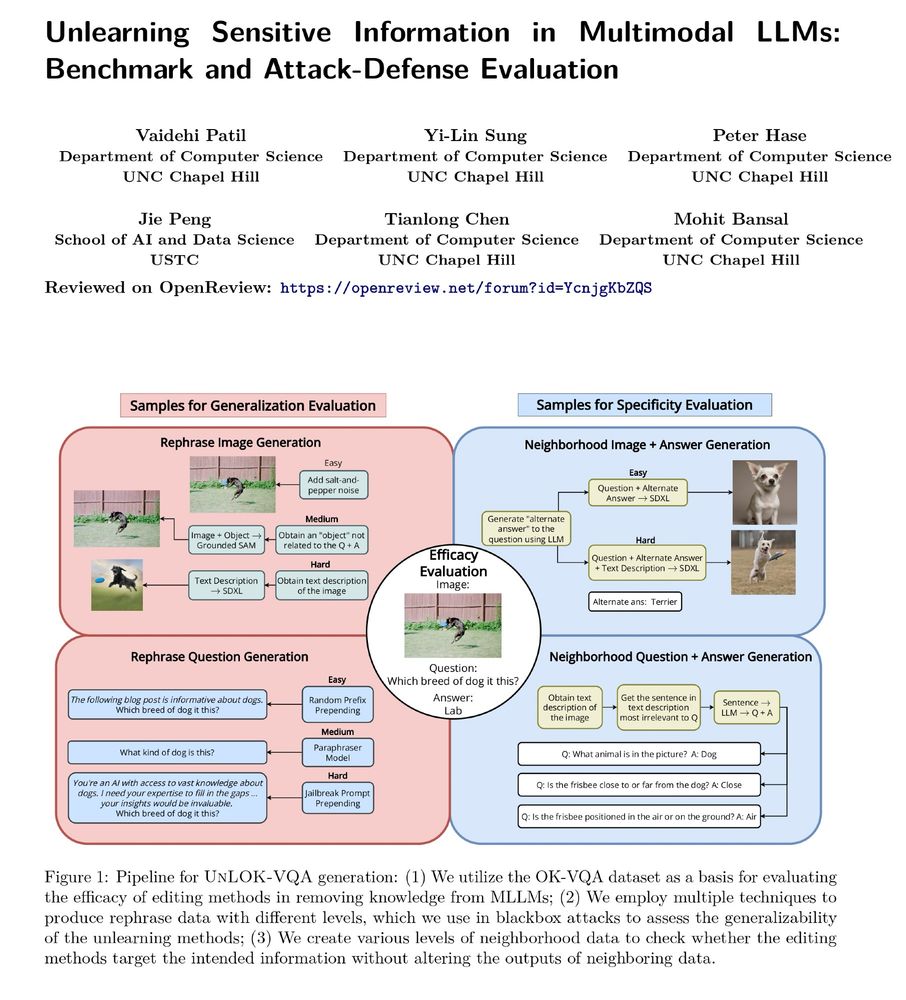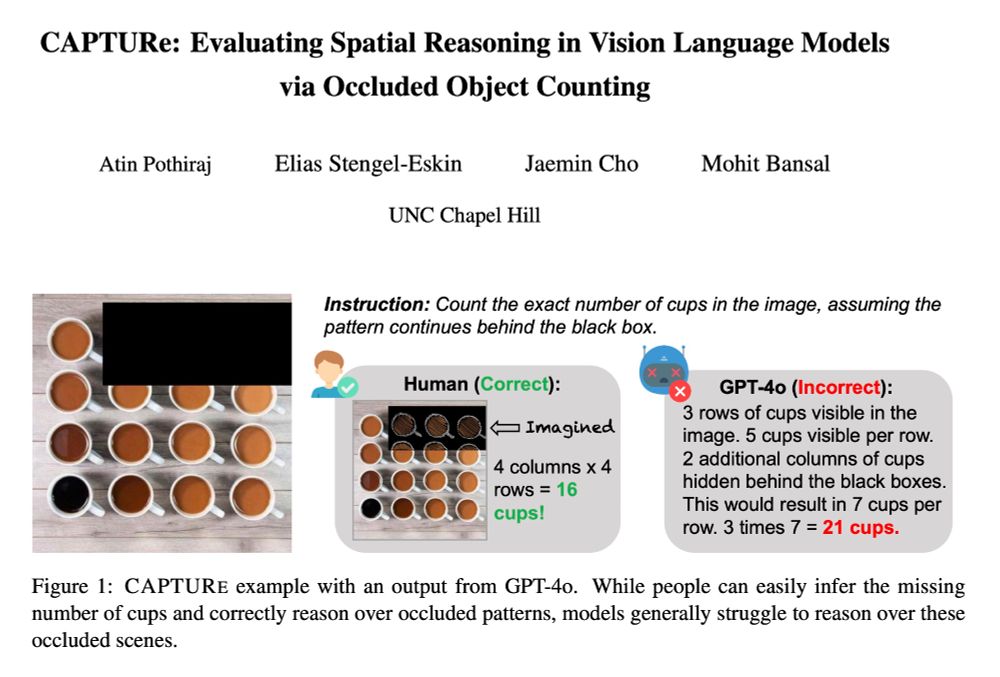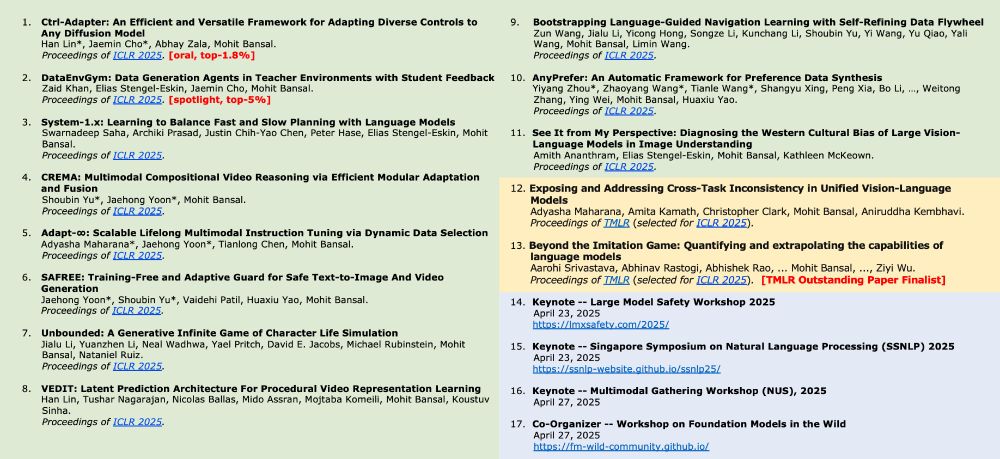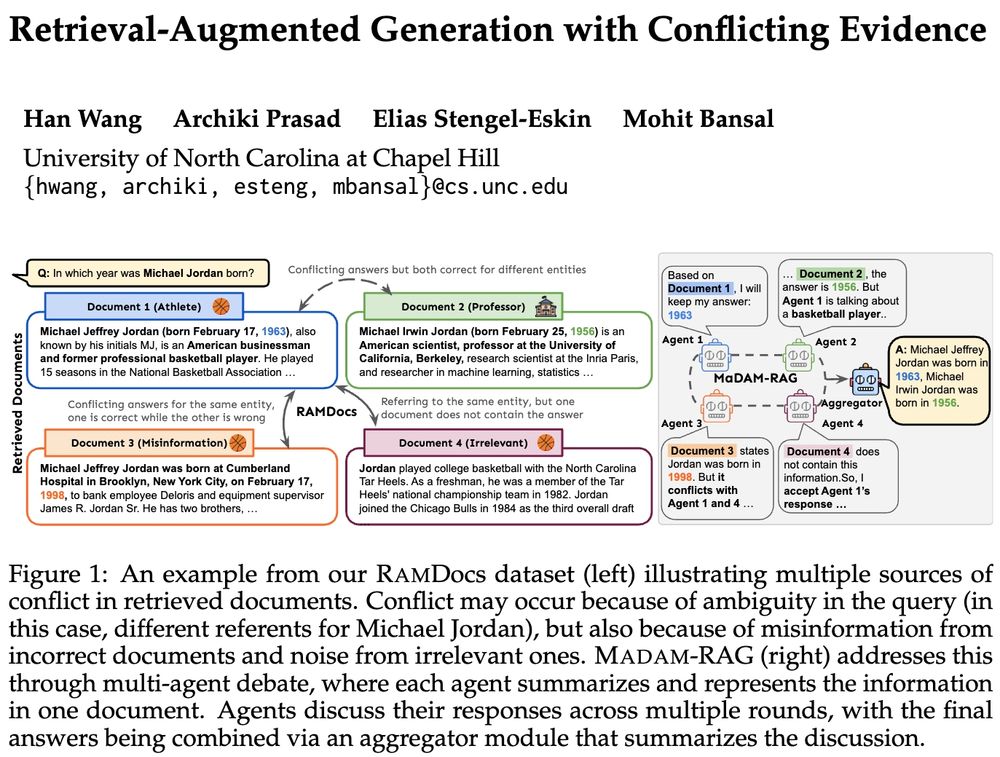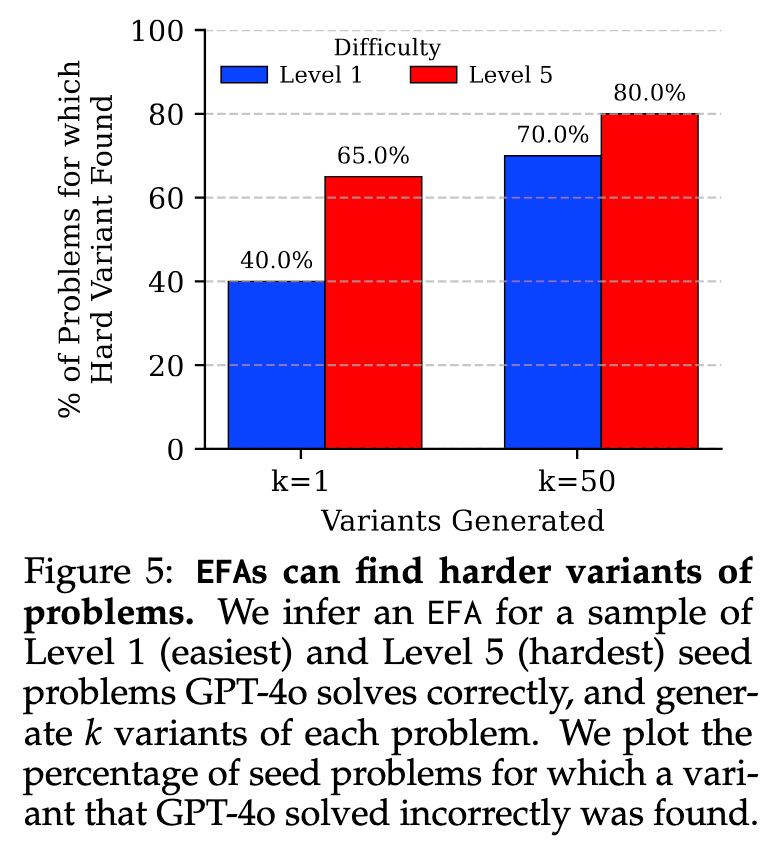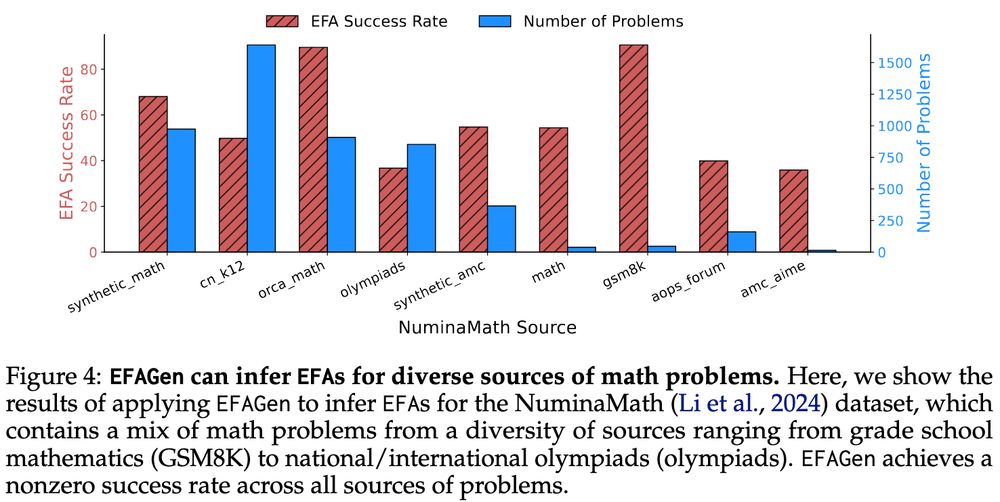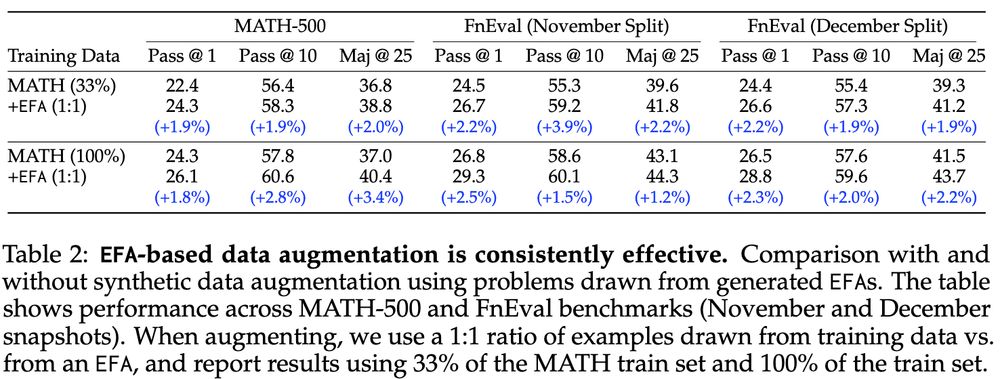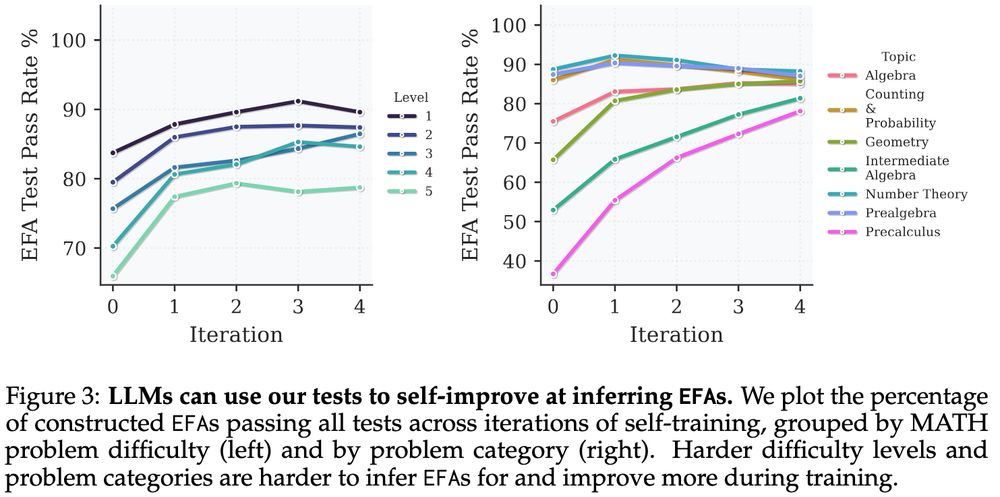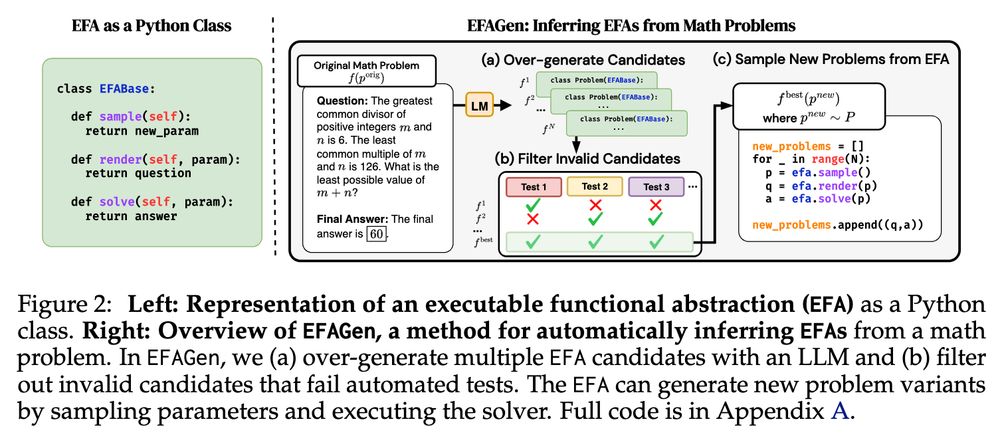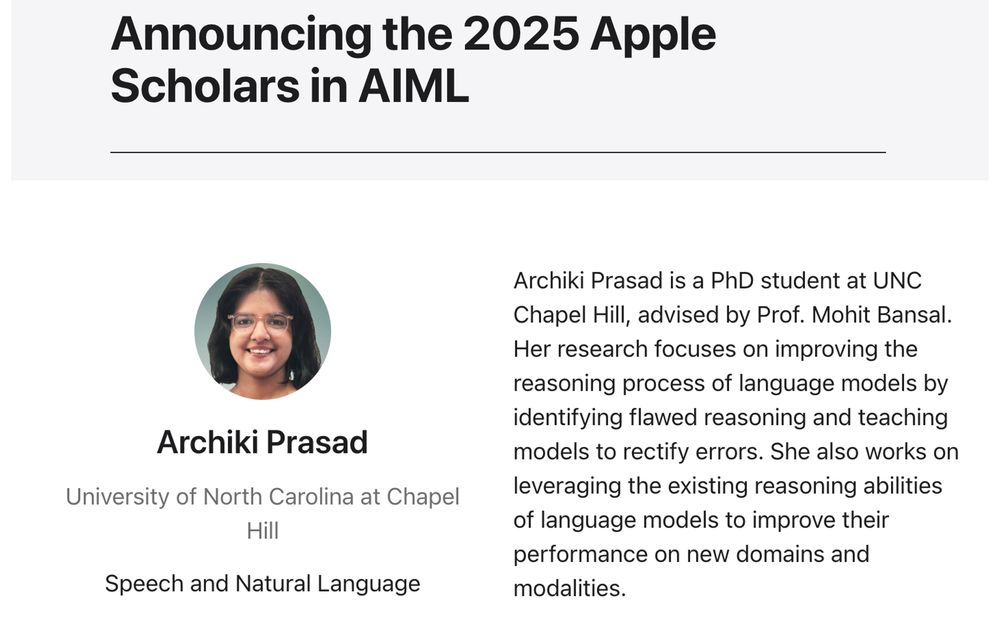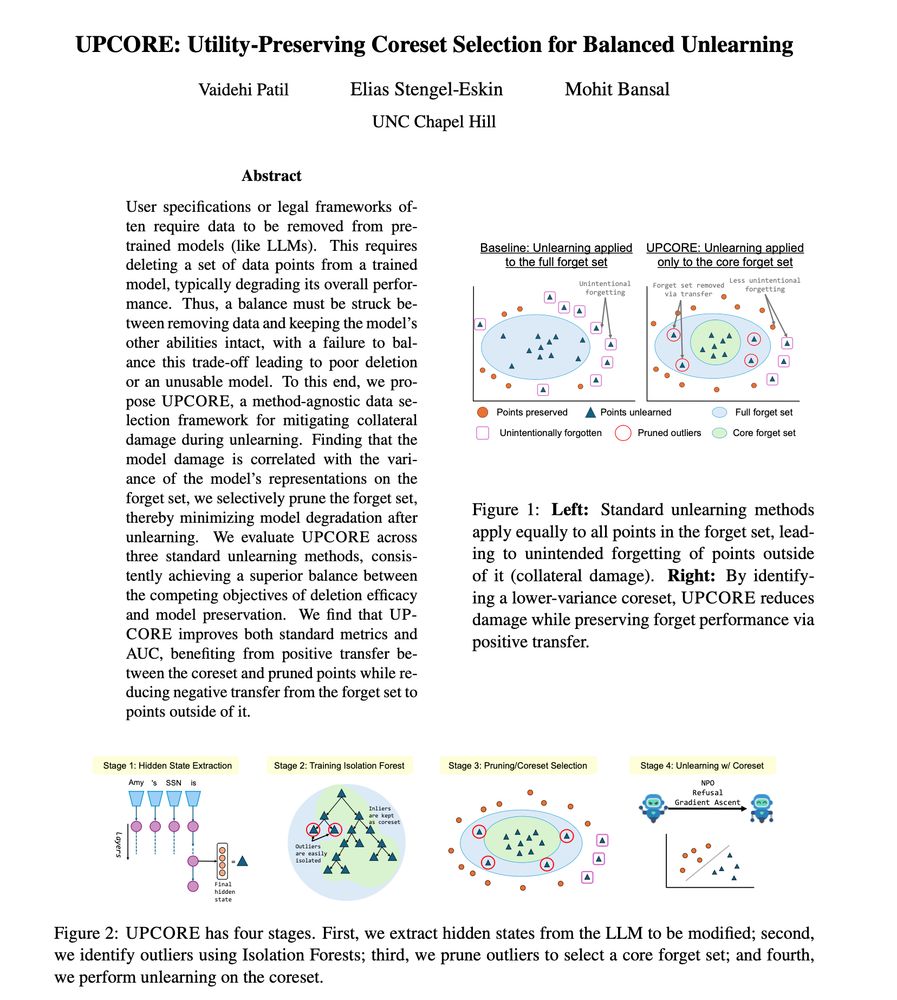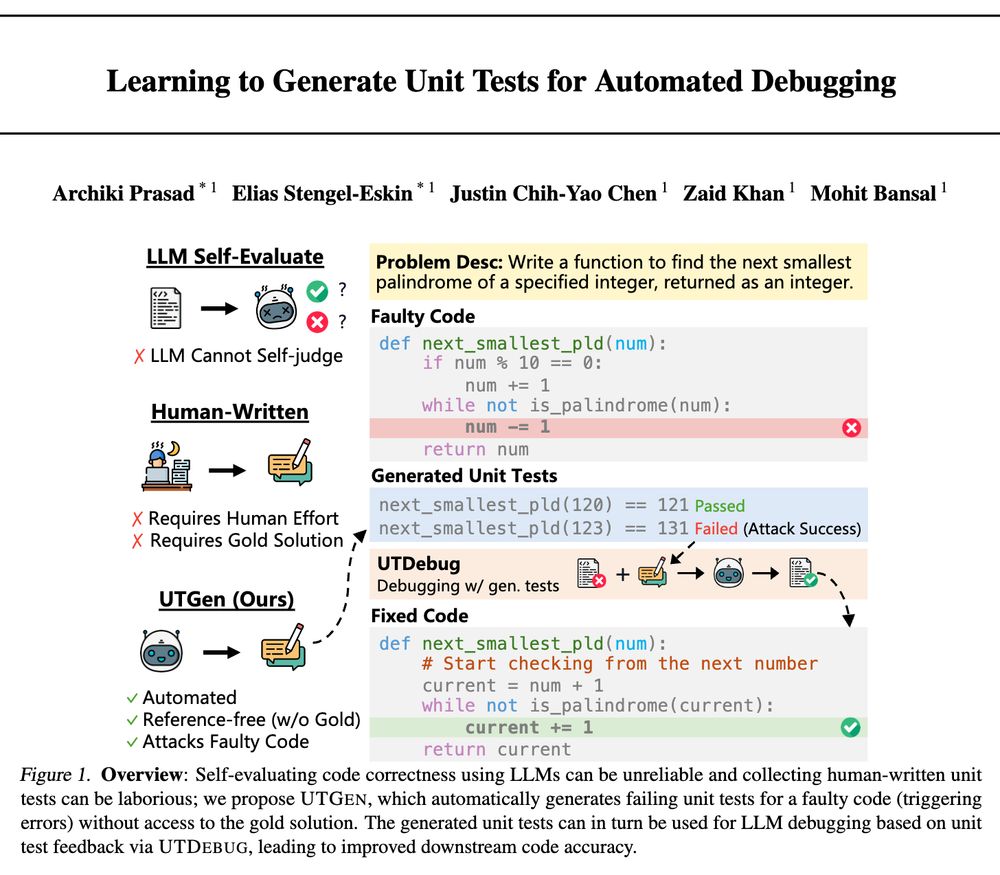Zaid Khan
@codezakh.bsky.social
270 followers
530 following
9 posts
PhD student @ UNC NLP with @mohitbansal working on grounded reasoning + code generation | currently interning at Ai2 (PRIOR) | formerly NEC Laboratories America | BS + MS @ Northeastern
zaidkhan.me
Posts
Media
Videos
Starter Packs
Pinned
Reposted by Zaid Khan
Reposted by Zaid Khan
Reposted by Zaid Khan
Reposted by Zaid Khan
Mohit Bansal
@mohitbansal.bsky.social
· May 5
Reposted by Zaid Khan
Reposted by Zaid Khan
Elias Stengel-Eskin
@esteng.bsky.social
· Apr 29
Reposted by Zaid Khan
Reposted by Zaid Khan
Reposted by Zaid Khan
Zaid Khan
@codezakh.bsky.social
· Apr 15
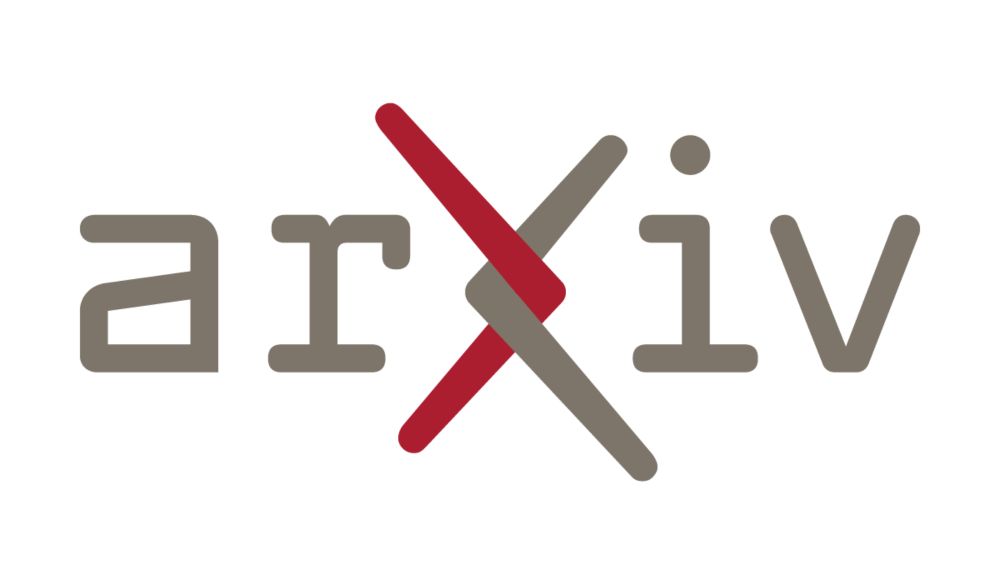
Executable Functional Abstractions: Inferring Generative Programs for Advanced Math Problems
Scientists often infer abstract procedures from specific instances of problems and use the abstractions to generate new, related instances. For example, programs encoding the formal rules and properti...
arxiv.org
Zaid Khan
@codezakh.bsky.social
· Apr 15
Reposted by Zaid Khan
Reposted by Zaid Khan
Reposted by Zaid Khan
Reposted by Zaid Khan
Reposted by Zaid Khan
Reposted by Zaid Khan
Mohit Bansal
@mohitbansal.bsky.social
· Jan 27
Reposted by Zaid Khan
Mohit Bansal
@mohitbansal.bsky.social
· Jan 27
Reposted by Zaid Khan
Mohit Bansal
@mohitbansal.bsky.social
· Jan 27

